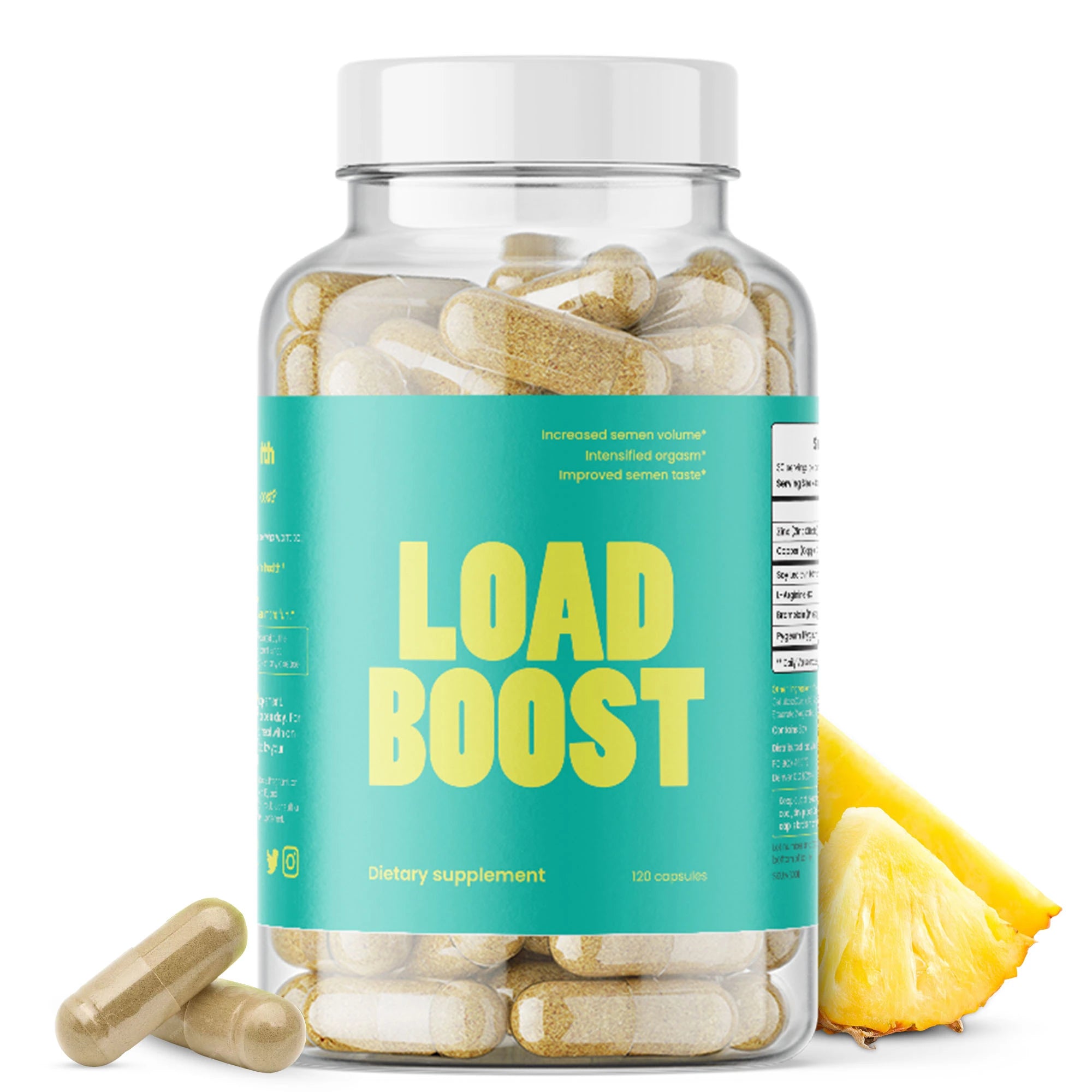The ketogenic diet (keto) has surged in popularity as a low-carbohydrate, high-fat approach to weight management and metabolic health. However, individuals following keto may wonder whether creatine supplementation aligns with their dietary goals. As one of the most well-researched supplements in sports nutrition, creatine offers numerous benefits that can complement a ketogenic lifestyle. This article explores how creatine functions, its benefits for those on keto, and considerations for supplementation.
How Creatine Works
Creatine is a naturally occurring compound found in small amounts in foods such as red meat and fish. It is stored in muscles as phosphocreatine and plays a crucial role in regenerating adenosine triphosphate (ATP), the body's primary energy currency. During high-intensity exercise, ATP is rapidly depleted, and creatine supplementation helps replenish it more efficiently, enhancing strength and performance.
The body's ability to synthesize creatine from amino acids (arginine, glycine, and methionine) means it is not essential to consume creatine through diet alone. Those following a ketogenic diet may have reduced dietary creatine intake due to limited carbohydrate-based sources, making supplementation particularly beneficial.
Benefits of Creatine on Keto
Combining creatine with a ketogenic diet offers several performance and health advantages:
- Increased Strength and Power Output: Studies show that creatine supplementation improves strength and power in resistance training. This is particularly useful for keto dieters who may experience an initial dip in performance due to glycogen depletion.
- Enhanced Muscle Growth: While keto is often associated with fat loss, muscle maintenance and growth remain important. Creatine helps retain intracellular water, which supports protein synthesis and muscle recovery.
- Improved Brain Function: Research suggests that creatine may have neuroprotective effects, supporting cognitive function and mental clarity. This is relevant for keto dieters, as ketones and creatine both contribute to brain energy metabolism.
- Better Exercise Recovery: Creatine helps reduce muscle damage and inflammation, promoting faster recovery between workouts, which can be beneficial for those adapting to keto and training hard.
How to Supplement Creatine on Keto
For keto dieters looking to incorporate creatine effectively, consider the following guidelines:
- Choose Pure Creatine Monohydrate: This form is the most researched and cost-effective option. Avoid flavored or carbohydrate-heavy creatine products, as they may contain sugars that interfere with ketosis.
- Optimal Dosage: A daily dose of 3-5 grams is sufficient for most individuals. Some may opt for a loading phase (20 grams per day for 5-7 days), but this is not necessary for long-term benefits.
- Hydration Matters: Since creatine draws water into muscle cells, maintaining proper hydration is crucial, especially on keto, which naturally causes increased water loss. When you take creatine, drink more water.
- Take with Electrolytes: Electrolyte balance is essential on keto, and creatine supplementation may enhance nutrient uptake when paired with adequate sodium, potassium, and magnesium intake.
Creatine is a highly effective supplement that aligns well with the ketogenic diet, providing benefits in strength, muscle maintenance, brain function, and recovery. Given the reduced intake of dietary creatine sources on keto, supplementation can be particularly advantageous.




